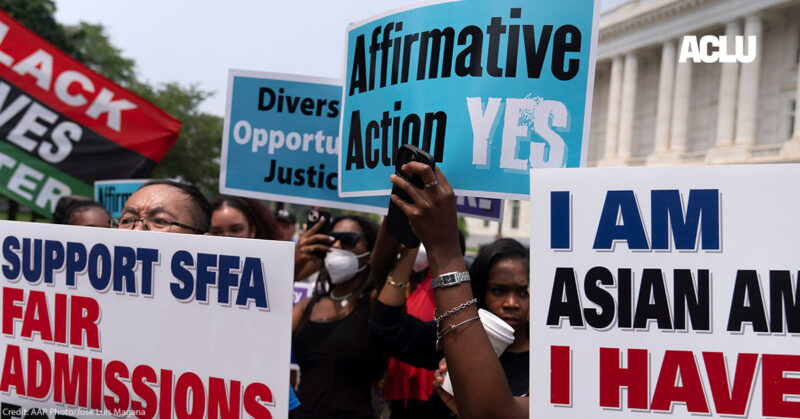By Joe Laferrera
On February 21, 2023, the National Labor Relations Board (“NLRB” or the “Board”) ruled that the proffer of broad confidentiality and non-disparagement provisions in severance agreements violates the National Labor Relations Act (“NLRA”). The decision is effective immediately and applies to existing severance agreements.
The NLRA protects employee unionizing activity, but its application is not limited to just unionized or unionizing workforces. The NLRA prohibits every private employer (with narrow exceptions) from restricting certain types of speech and activity of its employees. Prohibited restrictions on speech include criticizing management policies, cooperating in NLRB investigations, improving working conditions, and discussing severance, wages, and conditions of employment.
While the new restrictions on confidentiality and non-disparagement provisions in severance agreements are broad, the changes do not apply to management and supervisory employees. Under Section 7 of the NLRA, supervisory employees are defined as individuals with the authority to hire, discharge, direct, or take certain other actions with respect to the discipline and direction of other employees, through the use of independent judgment. Further, the restrictions do not apply to properly classified independent contractors.
The Board did not directly address the full range of consequences to employers who include or have included unlawful provisions in severance agreements. The statute of limitations for NLRB claims is six months. Consequences could include invalidity of the offending provision(s), invalidity of the entire severance agreement including the release of claims, and damages to the employee for direct and foreseeable monetary harm, possibly including court costs and legal fees. Further, the NLRB did not limit the applicability of its decision to severance agreements and thus could be applicable to onboarding and other employee agreements as well.
If you would like to discuss the impact of the NLRB ruling, or employment law issues generally, please contact Jason Armiger below:
Employers have three reasonable options going forward. One option is to entirely remove confidentiality and non-disparagement language from severance agreements with non-supervisory employees. The second is to include carve-out language that preserves the employ- ee’s Section 7 rights, as well as a severability provision in the event the carve-out fails. This option has not been tested and carries some risk that it will be found inadequate or insufficient. Finally, employers can choose to narrowly tailor the provisions to prevent only the limited speech that the Board has previously allowed. Gesmer’s employment lawyers can help you decide which option is best for you.
This advisory is for information purposes only, and does not constitute legal advice.
Check out some of our latest publications.
- Client Update – Executive Order Upends Affirmative Action For Federal Contractors and Opens Door to False Claim Act Liability

- How to Find Venture Capital for Early-Stage Scaling Companies

- How to Find Angel Investors for Early-Stage Scaling Companies

- Corporate Transparency Act: Nationwide Injunction In Effect Again; All Filing Deadlines Suspended

- Are Statutory Changes Coming to the Common Law Experimental Use Exception to Patent Infringement?

- Foundational Financing Puzzle Pieces

